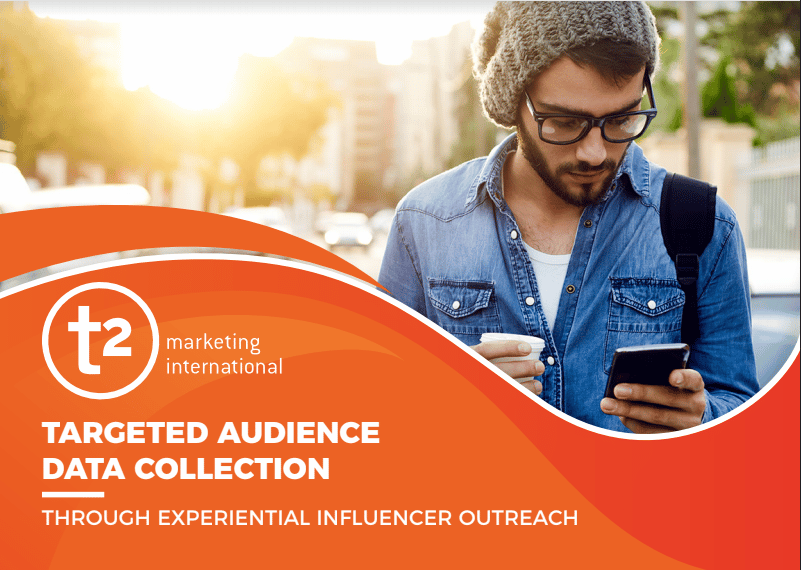Daily Minute Master Series – September 23, 2019
Social Media
Facebook is Removing its Group Stories Option as of September 26th
After recently announcing a new multi-contributor Stories option for public figures, Facebook has followed that up with the removal of its similar ‘Group Stories’ functionality, which enables Facebook group members to contribute to a single, collaborative Story within that group. Facebook launched the first iteration of group Stories to selected users in November 2017, before expanding the functionality to all groups last December. But while group Stories added a new consideration for group engagement, it also added extra moderation workload for group admins. Facebook says that archived group Stories will remain viewable, but users will not be able to re-share them. Facebook also notes that any pending Stories admins have queued will also be deleted next week.
For the full article click here
YouTube reworks verification requirements, displays verified checkmark more consistently across platform
YouTube has updated eligibility verification requirements for creator and branded channels and has rolled out a new “look” for the program, displaying verified checkmark icons more consistently across YouTube channel pages, in search, and in comments. The goal of the new program is to eliminate confusion around what a verification checkmark represents: “Through our research, we found that viewers often associated the checkmark with an endorsement of content, not identity.” YouTube’s new eligibility rules impact marketers managing branded channels and those tasked with evaluating influencers on the platform. For marketers in charge of their company’s YouTube presence, YouTube says channels with large audiences owned by a brand or person widely recognized outside of YouTube and have a strong presence — or have a name that can be confused with another channel on YouTube — are typically verified. The new verification program could help marketers charged with identifying and building relationships with influencers. A verification checkmark is meant to be seen as an indicator of authenticity rather than simply a high subscriber count. YouTube said the new verification program applies to all channels and that channel owners will not have to apply: “We will automatically apply the new verified treatment.”
For the full article click here
Pinterest Enhances Group Boards With New Collaboration Tools
Pinterest is enhancing users’ ability to collaborate on group boards with the roll out of three new features. The new collaboration tools include more reactions for feedback, the ability to sort pins, and a central hub for communicating with group members. New reactions allow users to provide quick feedback on pins which can be seen by other group members. Pinterest is creating a redesigned space for group members to communicate with each other. This will be rolling out in the coming weeks. These updates will be rolling out to all Pinterest users worldwide on all platforms. The new reactions and sorting feature are available now by updating the Pinterest app.
For the full article click here
Marketing
TripAdvisor says it blocked or removed nearly 1.5 million fake reviews in 2018
The powerful influence of reviews on purchase behavior has spawned a cottage industry of fake-reviews, a problem that is growing on major sites such as Amazon, Google and Yelp, among other places. TripAdvisor is one of those other places, where reviews form the core of the company’s content and the principle reason consumers visit. In its inaugural TripAdvisor Transparency Report the company says that 2.1% of all reviews submitted to the site in 2018 were fake. Given the volume of review submissions TripAdvisor receives – more than 66 million in 2018 – that translates into roughly 1.4 million fake reviews. TripAdvisor says that 73% of those fake reviews were blocked before being posted, while the remainder of fake reviews were later removed. TripAdvisor defines “fake review” as one “written by someone who is trying to unfairly manipulate a business’ average rating or traveler ranking, such as a staff member or a business’ competitor. The company uses a mix of machine detection, human moderation and community flagging to catch fraudulent reviews. Consumer trust is eroding online. It’s incumbent upon major consumer destinations sites to police their reviews aggressively and prevent unscrupulous merchants from deceiving consumers. Yelp has been widely criticized for its “review filter” but credit the company for its long-standing efforts to protect the integrity of its content.
For the full article click here





